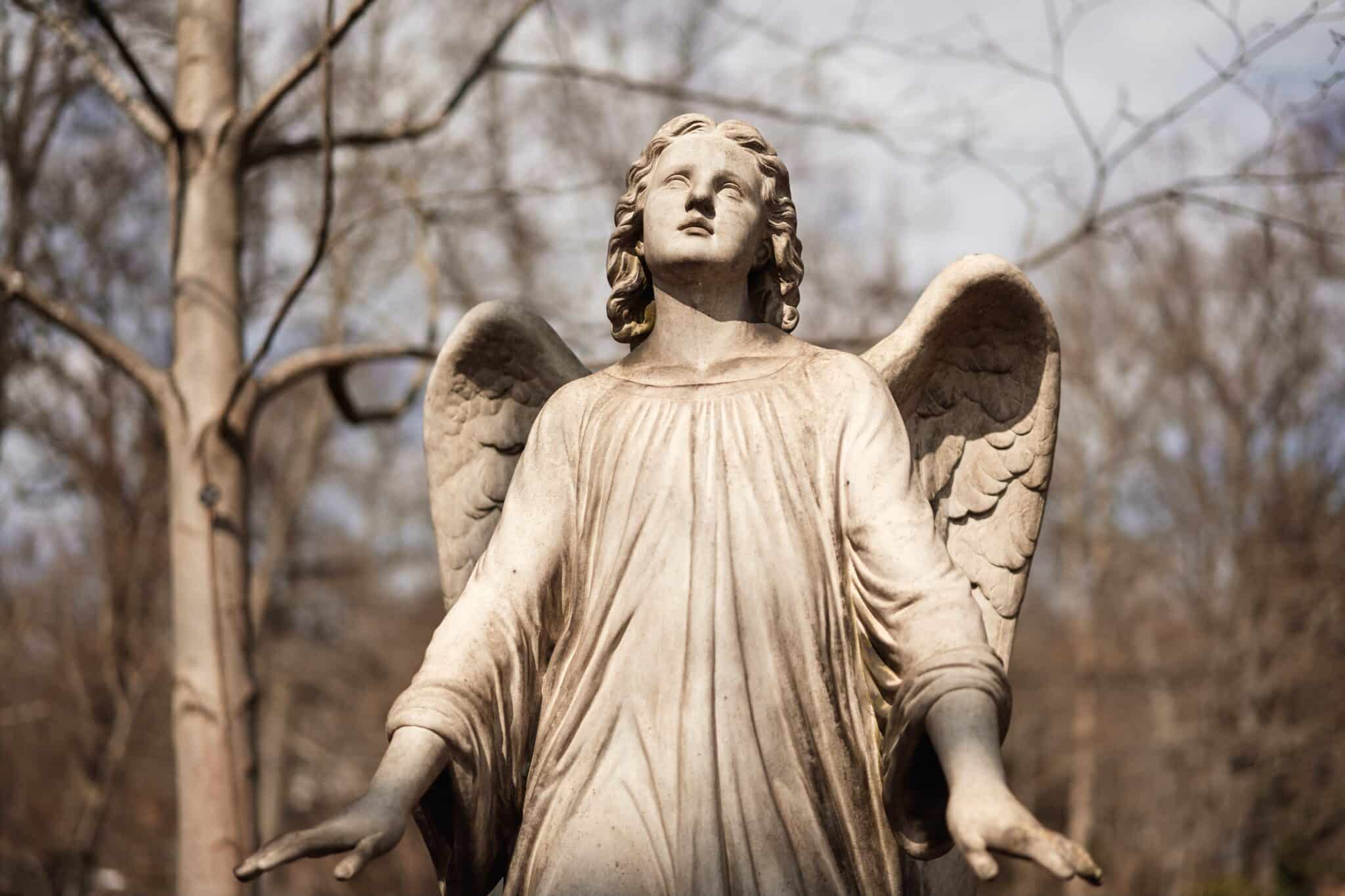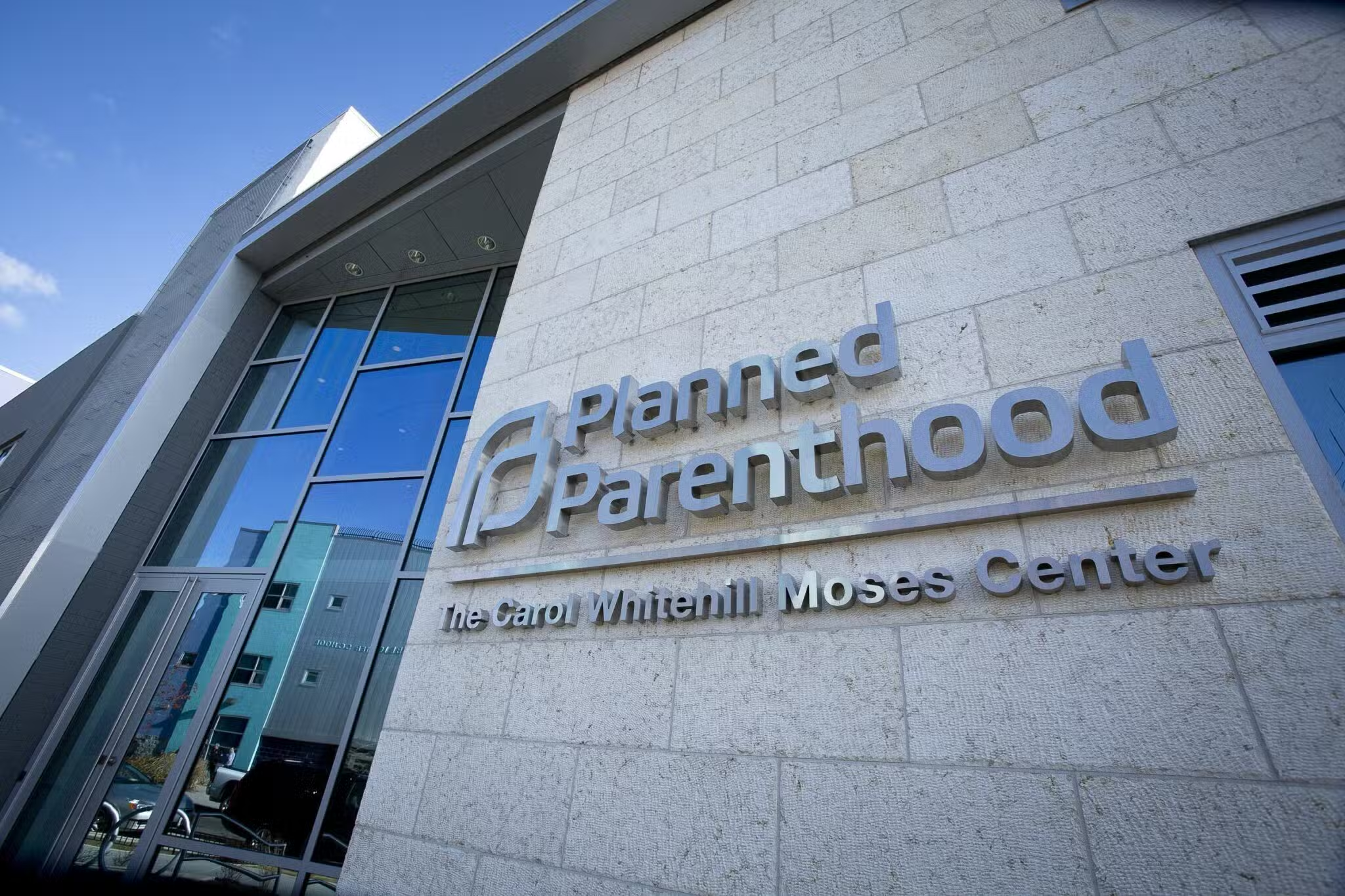I once read in a Catholic newspaper that suicide may not be a sin if a person is depressed or mentally ill or does not appreciate that what he or she is doing is wrong. What does the Catholic Church teach about this?
The Catechism of the Catholic Church teaches: “Everyone is responsible for his life before God who has given it to him. It is God who remains the sovereign Master of life. We are obliged to accept life gratefully and preserve it for his honor and the salvation of our souls. We are stewards, not owners, of the life God has entrusted to us. It is not ours to dispose of (#2280).
“Suicide contradicts the natural inclination of the human being to preserve and perpetuate his life. It is gravely contrary to the just love of self. It likewise offends love of neighbor because it unjustly breaks the ties of solidarity with family, nation, and other human societies to which we continue to have obligations. Suicide is contrary to love for the living God” (#2281).
After acknowledging that grave psychological disturbance, anguish or grave fear of hardship, suffering or torture can diminish the responsibility of the one committing suicide (#2282), the Catechism points out: “We should not despair of the eternal salvation of persons who have taken their own lives. By ways known to him alone, God can provide the opportunity for salutary repentance. The Church prays for persons who have taken their own lives” (#2283).
At one time, a person who committed suicide could not have a funeral Mass. In more recent times, this has been permitted and I have concelebrated at several such funerals. A funeral is for the living as well as the person who has died. Families are often comforted by a funeral Mass. Suicide is still wrong.
We uphold the sanctity of all life from conception to natural death. Even so, only God knows a person’s heart well enough to pass final judgment on him or her.
Click here for more on the subject of suicide.








